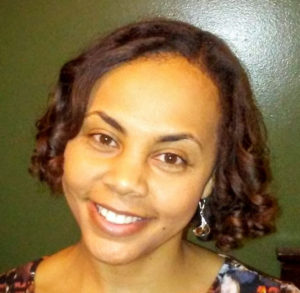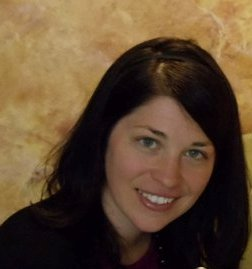In February 2022, we attended Fusion Academy’s lunch and learn event called, “Changing the Paradigm of Neurodiversity: Acceptance, Inclusion, and Social Justice” presented by Dr. Melissa N. Smith, Ph.D., ABSNP and Christina F. Morrissey, M.S., CCC-SLP who work for The Treatment and Learning Centers.
Included in the webinar was a quote from Patty Berne. It said, “We value people as they are, for who they are, not what they can produce.” We had a visceral reaction when we read this and thought – YES!! That is it exactly! It makes so much sense. In its rawest form – that is what it means to have human diversity. As a team, we’ve experienced firsthand how having a neurodiverse team and community can bring amazing strength to us as a whole.
We were so impressed with this presentation that we reached out to the presenters to see if we could feature them in our blog this month and we are so grateful that they said yes! Please see the responses to the below questions from Dr. Melissa N. Smith, Ph.D., ABSNP and Christina F. Morrissey, M.S., CCC-SLP from The Treatment and Learning Centers.
What is Neurodiversity?
Neurodiversity is a term used to describe a variety of neurocognitive functioning, including but not limited to, autism, learning disorders, ADHD, intellectual disability, and neurotypicality. Neurodiversity is an inclusive way to see the diversity of brain functioning, rather than simple labels such as high or low functioning.
How can we champion for people who learn differently?
We can champion for people who learn differently by providing support for them to be happy and successful in life, however they define success. We can also appreciate their intersecting identities such as their race, gender, and sexuality as part of their unique and whole self. This requires a combination of providing tools for self-advocacy, access to communication (be those visuals, speech to text, or speech generating devices, etc.), teaching co-regulation strategies to address sensory concerns, and providing barrier free access to mental health services. These supports should be culturally competent and implemented with their intersecting identities in mind. When people feel supported and regulated, when they can advocate for their needs and have the tools to do so, then they are better able to access opportunities and to live a fulfilling life.
Why being different doesn’t mean being less than!
We are all different. Each of our brains are unique from the brains of anyone else. The neurodiversity and disability justice movement’s goal is to shift the narrative from one of awareness to one of acceptance. With acceptance comes inclusion of neurodiverse people and their intersecting identities in the workplace, in the classroom, in your family, and in the community. Neurodivergent people have untapped potential, incredible strengths, and valuable perspectives. They are amazing people! Once we as a society can collectively see the value in difference, we will all be better off for it.
Meet the presenters!

Dr. Melissa N. Smith, Ph.D., ABSNP
Clinical Psychologist
Board Certified in School Neuropsychology
Director of Testing, Tutoring, and Counseling
Christina F. Morrissey, M.S., CCC-SLP
Speech-Language Pathologist
Director, Outpatient Speech-Language Pathology
Director of Therapeutic Summer Camp Programs
________________
Becoming aware of the value neurodiversity provides to society is something we will continue to develop and share with our community. This knowledge is incredibly valuable in developing staff leadership and organizational growth.
If you want to learn more about this topic, check out the entire webinar linked below.
Changing the Paradigm of Neurodiversity: Acceptance, Inclusion, and Social Justice
Learn more about the organizations mentioned:
